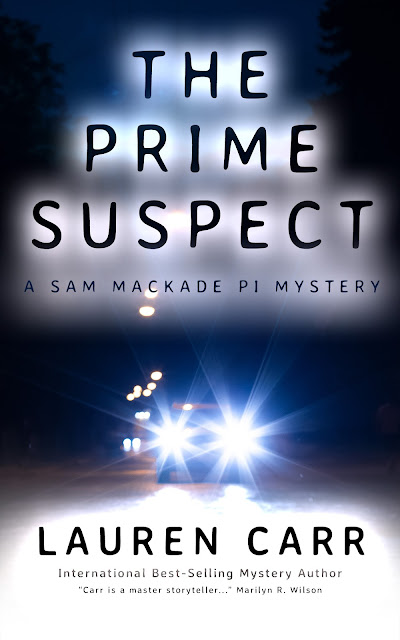Viking Canada
ISBN: 978-0670066322
Published Jan 9, 2013
Hardcover, 272 pages
When I saw this book, I knew I wanted to read it. I co-lead day programs for seniors in the early stages of dementia and Alzheimer's, and I am always looking to learn more in this field. The Memory Clinic is written by Dr. Tiffany Chow, a behavioural neurologist in the Ross Memory Clinic at Baycrest Health Sciences in Toronto, a centre we respect and highly admire in the community centre where I work in Montreal.
The first thing that struck me about
this book is that it's easy to read. Dr. Chow uses anecdotes, and, in
particular, illustrations and metaphors throughout her book, especially when
explaining the treatments and latest research. Written in the
first-person point of view, reading it felt as if Dr. Chow was
sitting in front of me telling me about her experiences with
Alzheimer's, her research, her family history and her own personal
goals to prevent getting Alzheimer's. Part memoir, part discussion on
dementia, Dr. Chow comes across as a compassionate doctor who
understands what it's like to have a family member suffer from
Alzheimer's since her own beloved grandmother died from this illness.
True to its title, Dr. Chow fills this book with stories that are
hopeful and inspirational even as they are heartbreaking, especially
when she relates stories of her early onset clients.
The whole tone of the book is hopeful,
compassionate and encouraging. “It takes a certain amount of
grace and creativity to find the poetry within the broken narrative
that is dementia,” says Dr. Chow. (p. 110 of review copy) What
beautiful words! In my field I know this to be true. One has to look
beyond the illness and find new ways of interacting so as not to lose
the joy when dementia strikes and changes our loved one.
Some of the topics she discusses are:
causes of dementia; why women suffer from Alzheimer's more than men;
the inheritance factor; defences against dementia where she talks
about cognitive reserve and brain plasticity; managing stress, eating
well, doing exercise and social networking as ways to lower risk of
dementia; the importance of the doctor-patient relationship; and the
current and upcoming treatments, such as a vaccine against the beta
form of amyloid. What intrigued me the most was the cognitive reserve
theory. Dr. Chow states, “Scientists have learned that higher
educational levels allow us to build up cognitive reserve, akin to
the concept of saving money in the bank for an unforeseen crisis.” (p. 52 of review copy) I want to look more into this.
She ends the book with extensive notes
filled with resources and bibliography of all the information she
quotes such as studies, statistics, research and additional reading.
An index is likewise included. I highly recommend this book to anyone
working with person's with dementia, have a family member with
dementia or are concerned about the risk of dementia. Statistics say that Alzheimer's is on the rise, therefore learning more about this illness will only help us to understand better and become more compassionate toward families and communities dealing with its effects.
Note: This book is rated C = clean read.
Reviewed by Laura
Disclosure: Thanks to Penguin Canada for sending me an e-galley copy through NetGalley for review. I was not compensated in any other way, nor told how to rate or review this product.







Post a Comment
Thank you for commenting! I appreciate your feedback.